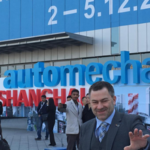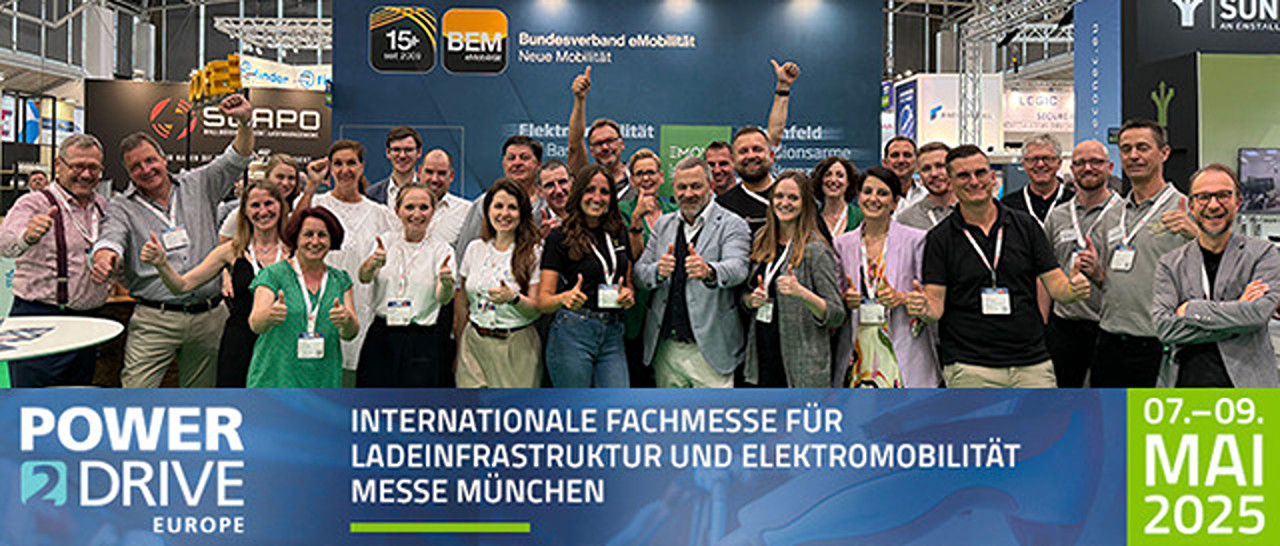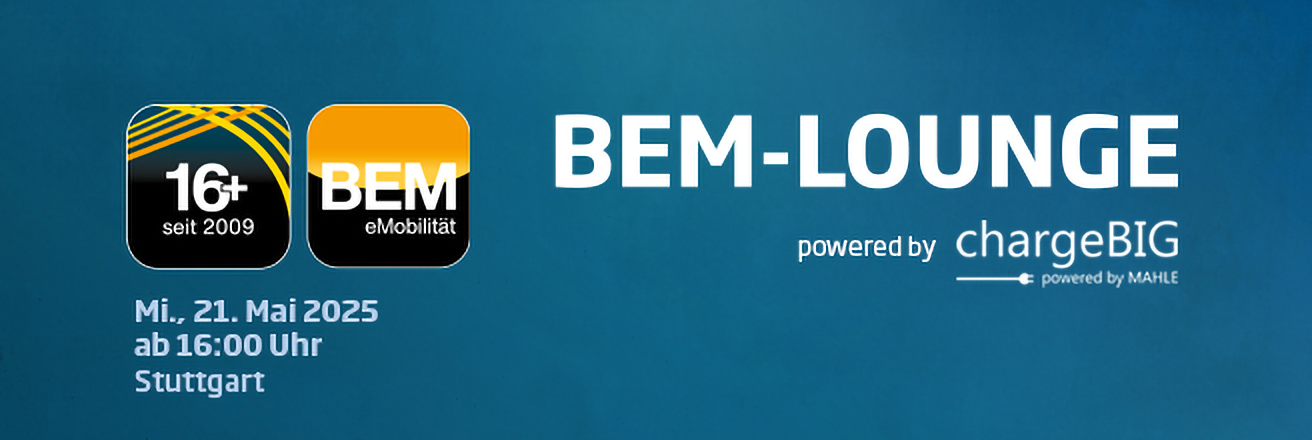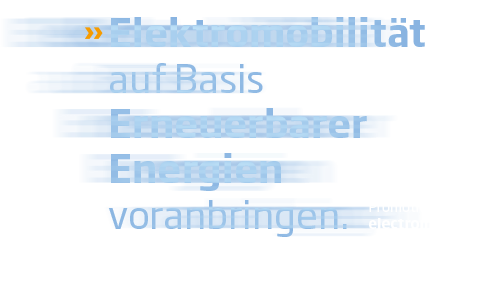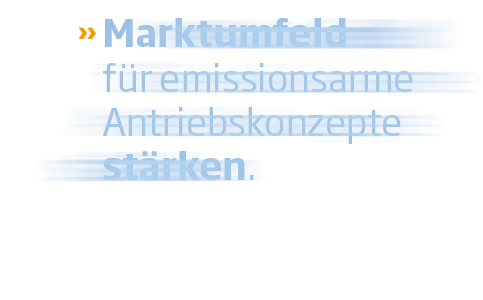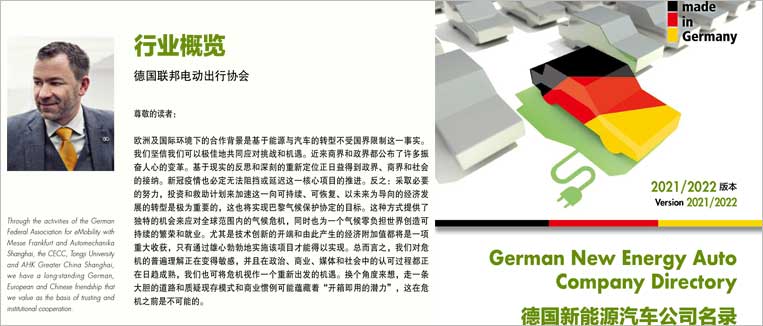
Industry Overview by German Federal Association for eMobility
August 2020 / Vorwort von BEM-Vize-Präsident Christian Heep im NEAS Guide 2021 / 2022 der AHK China in Shanghai
Through the activities of the German Federal Association for eMobility with Messe Frankfurt and Automechanika Shanghai, the CECC, Tongji University and the German Industry & Commerce Greater China, we have a long-standing German, European and Chinese friendship that we value as the basis of trusting and institutional cooperation.
We are committed to sustainability, intergenerational justice and climate and environmental protection in the context of the energy and mobility transition. In these processes, we are particularly interested in the overall economic context and how we manage to present a proof of concept. Because that is the only way to shape our world as we imagine it for us and our children in the near future. By the middle of the century at the latest, mankind should no longer pollute the climate. Greenhouse gas emissions then have to be avoided as far as possible and we even have to start generating negative emissions; i.e. to filter greenhouse gases from the atmosphere.
The background to our collaborations in the European and international environment is the fact that the energy and mobility transition does not stop at national borders. We are convinced that we can best advance the challenges and opportunities together. Exciting changes in business and politics are currently announced. An actual rethinking and a profound reorientation is increasingly gaining political, economic and social acceptance. The corona pandemic must not hold up or delay this central project. On the contrary: It is important to use the necessary efforts, investment and rescue programs to accelerate the transformation to a sustainable, resilient and future-oriented economy and thus also to achieve the goals of the Paris climate protection agreement. Such an approach offers the unique opportunity to counteract the climate crisis with regard to planetary limits and at the same time to create sustainable prosperity and jobs in a climate-neutral world. In particular, the genesis of technological innovations and the resulting economic added value are a major gain that can only be achieved through ambitious implementation of the project. Overall, our general understanding of crises is currently being sensitized and the process of recognition in politics, business, media and society is maturing that we can also use the crisis as an opportunity for a fresh start. Thinking in a new way, taking bold paths and questioning existing facts and established business practices probably harbors an „out-of-the-box potential“ that would not have been possible before the crisis.
If we manage to show the world that sustainability, climate and environmental protection, 100 percent renewable energies, overall CO2-neutrality and a complete mobility revolution based on emission-free drive concepts are economically viable and affordable – and even secure and increase added value and prosperity – then many more countries will follow these examples. And only then will we be able to have a positive impact on the world at all. If we do not implement this promptly, we will continue to exceed the climatological tipping points and an uncertain future will then make our efforts significantly more difficult.
In the course of this global trend reversal, we should network even more intensively. We can support each other through fair competition and in particular through scientific, technological and social cooperation. Together we represent an enormous innovation and economic factor that we should not underestimate. In this way we can develop a green economy that first restructures our own countries sustainably and then exports the knowledge and insights of the necessary processes all over the world.
China and Germany each play a crucial role in this transnational Green New Deal. I currently see no other combination of two economic powers that can create the necessary impact. And I see economic efficiency, prosperity, social justice and sustainability in harmony, which are spreading across the whole world as the fourth industrial revolution.
In the course of these considerations, it is time for us to perceive ourselves as a decisive geological factor in the Anthropocene. Scientific knowledge, advanced technologies and our gift of reason should continue to prevail. The idea, intention and willingness to do so are already fully anchored in our societies. The technical concepts are also available and the financial requirements can be raised. There is only a lack of a new positioning and evaluation of our economic and ecological actions, a general rethinking and global political decision-making processes that exclusively follow the principle of sustainability and intergenerational justice.
I would like to ask you to be enthusiastic about this path. Let’s go on this journey together and show ourselves, our children and our grandchildren that we can do great things together.

